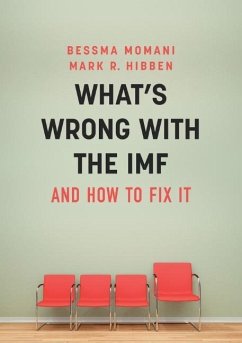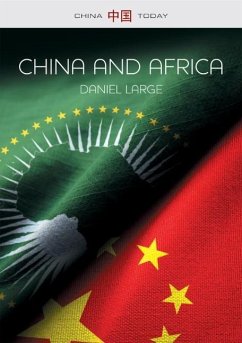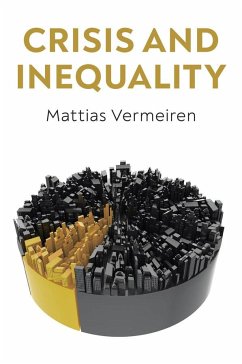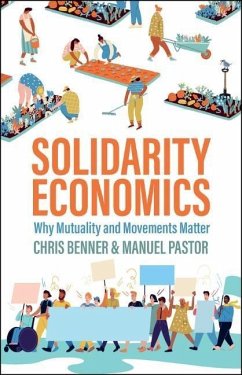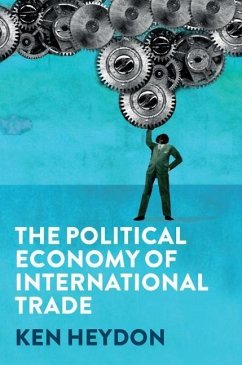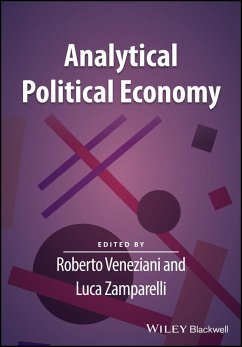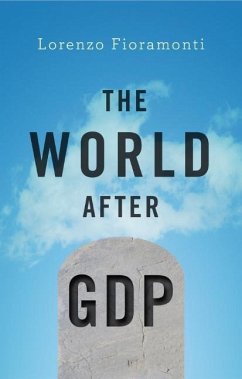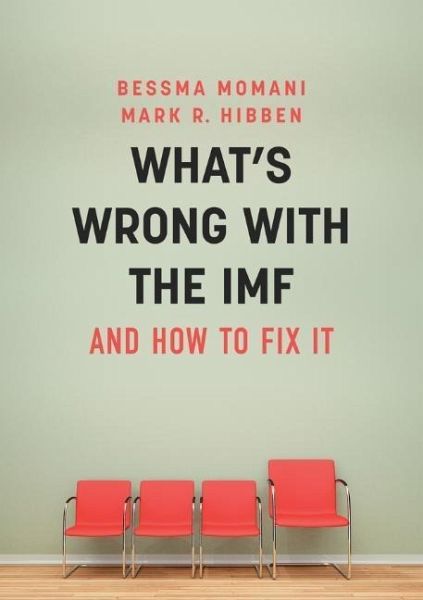
What's Wrong with the IMF and How to Fix It
Versandkostenfrei!
Versandfertig in über 4 Wochen
24,99 €
inkl. MwSt.
Weitere Ausgaben:

PAYBACK Punkte
12 °P sammeln!
The International Money Fund (IMF) stands at a crossroad. Derided as increasingly irrelevant in the first decade of the new millennium, the fall-out from the 2008 global financial crisis has restored its power and prestige. The resurgent IMF has shifted in policy position with potentially transformative outcomes for its member states and global governance. But will the IMF use its power in global governance to assert a more just and sustainable macroeconomic model and provide voice for poor and marginalized people around the globe? Or will enduring weaknesses within the organization result in ...
The International Money Fund (IMF) stands at a crossroad. Derided as increasingly irrelevant in the first decade of the new millennium, the fall-out from the 2008 global financial crisis has restored its power and prestige. The resurgent IMF has shifted in policy position with potentially transformative outcomes for its member states and global governance. But will the IMF use its power in global governance to assert a more just and sustainable macroeconomic model and provide voice for poor and marginalized people around the globe? Or will enduring weaknesses within the organization result in a broad-based failure to address these issues?
In this book, Bessma Momani and Mark Hibben dissect the variables and institutional dynamics at play in IMF governance, surveillance, lending, and capacity development to expose the fundamental barriers to change. They go on to identify four areas that instead could "fix" the IMF, including governance reform that strengthens low and middle income power in decision making, hiring a more diverse staff with expertise in areas of inclusive economics, the development of enforceable benchmarks tied to the theme of inclusive growth, and greater outreach and coordination with development institutions, such as the World Bank and the new Asian Infrastructure and Investment Bank. Ultimately, the authors show how these genuine and workable solutions can give the IMF the effectiveness and legitimacy it needs to positively shape 21st century global governance and push back against volatile and regressive forces in the international political economy.
In this book, Bessma Momani and Mark Hibben dissect the variables and institutional dynamics at play in IMF governance, surveillance, lending, and capacity development to expose the fundamental barriers to change. They go on to identify four areas that instead could "fix" the IMF, including governance reform that strengthens low and middle income power in decision making, hiring a more diverse staff with expertise in areas of inclusive economics, the development of enforceable benchmarks tied to the theme of inclusive growth, and greater outreach and coordination with development institutions, such as the World Bank and the new Asian Infrastructure and Investment Bank. Ultimately, the authors show how these genuine and workable solutions can give the IMF the effectiveness and legitimacy it needs to positively shape 21st century global governance and push back against volatile and regressive forces in the international political economy.




